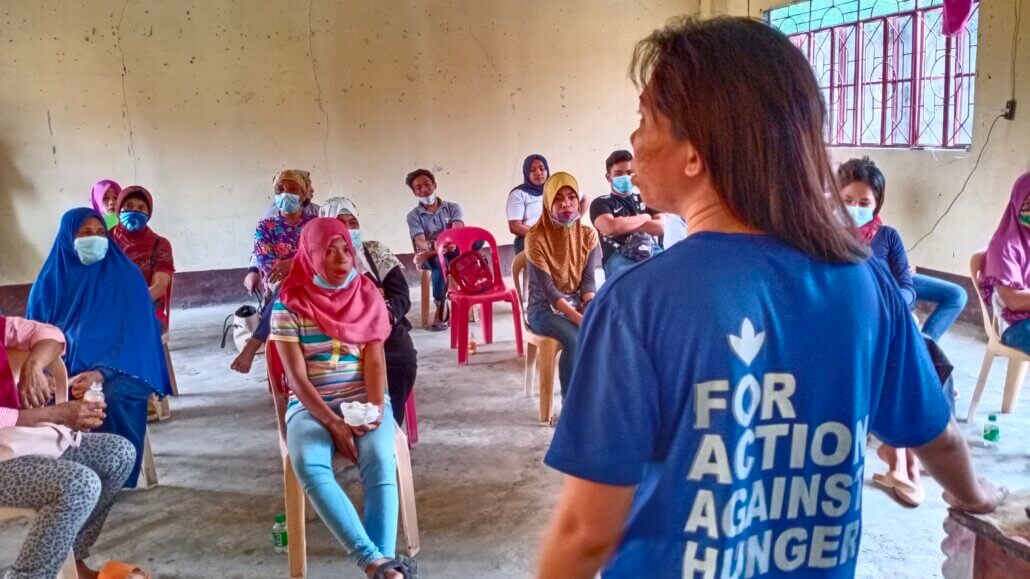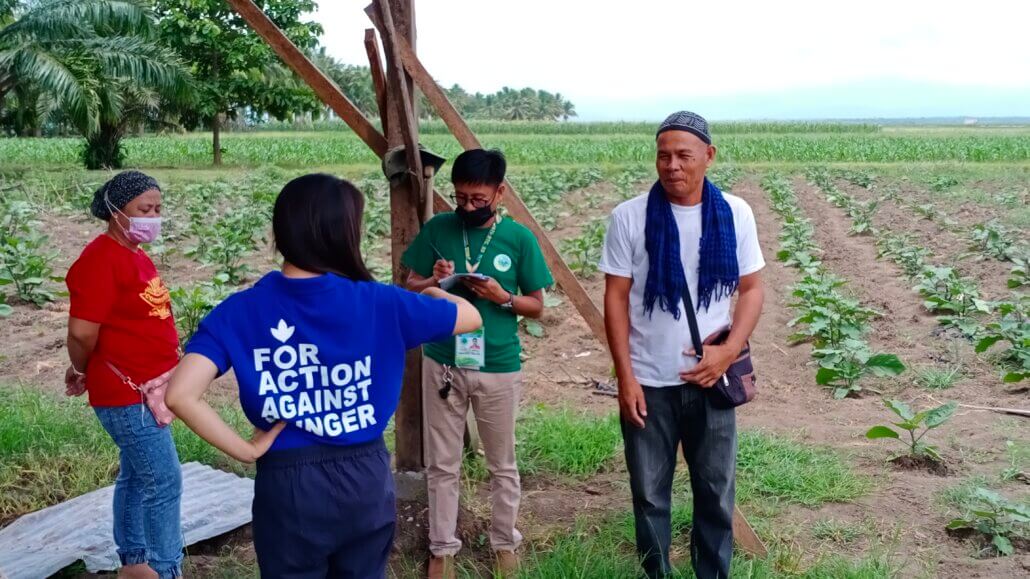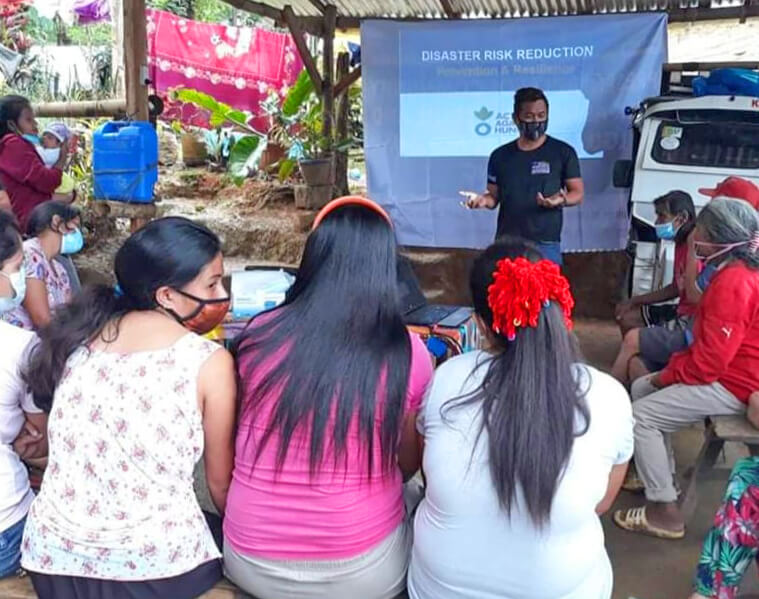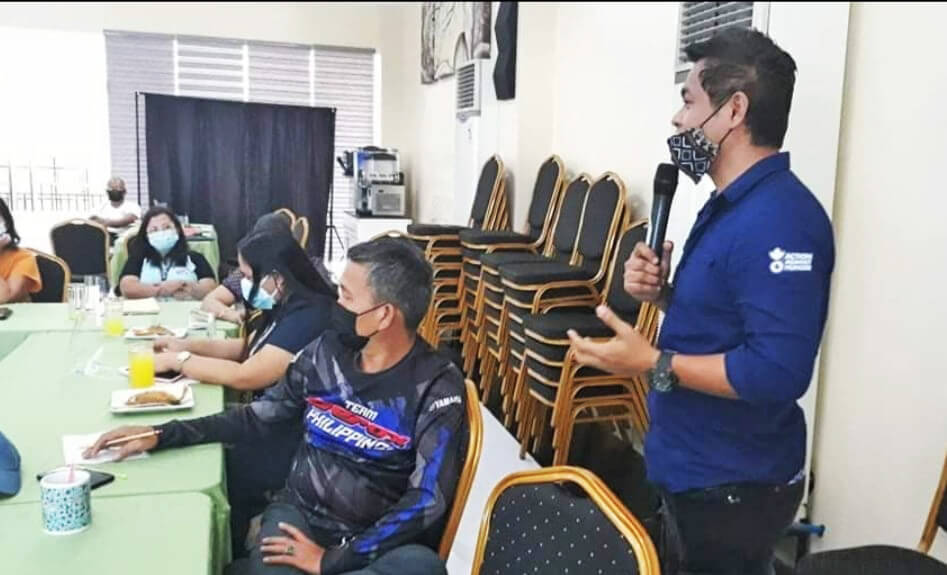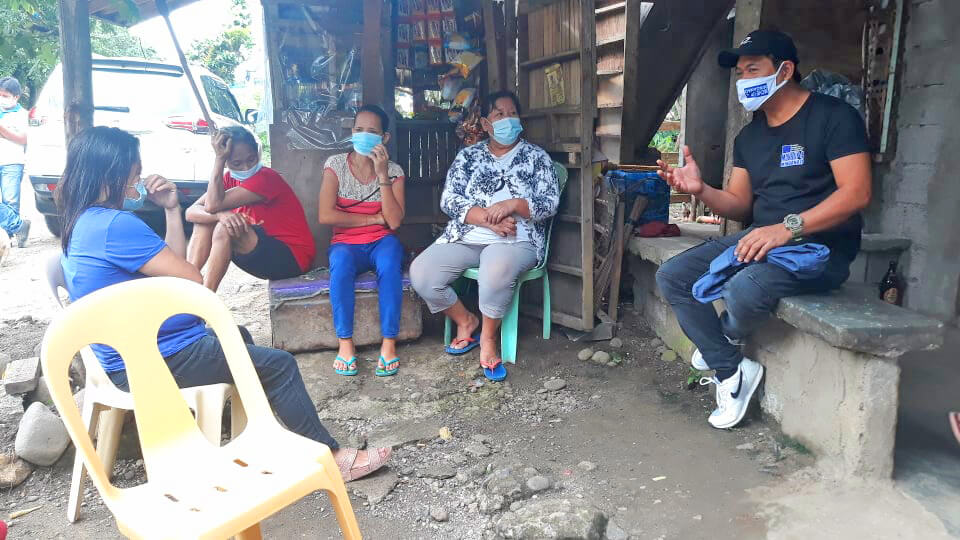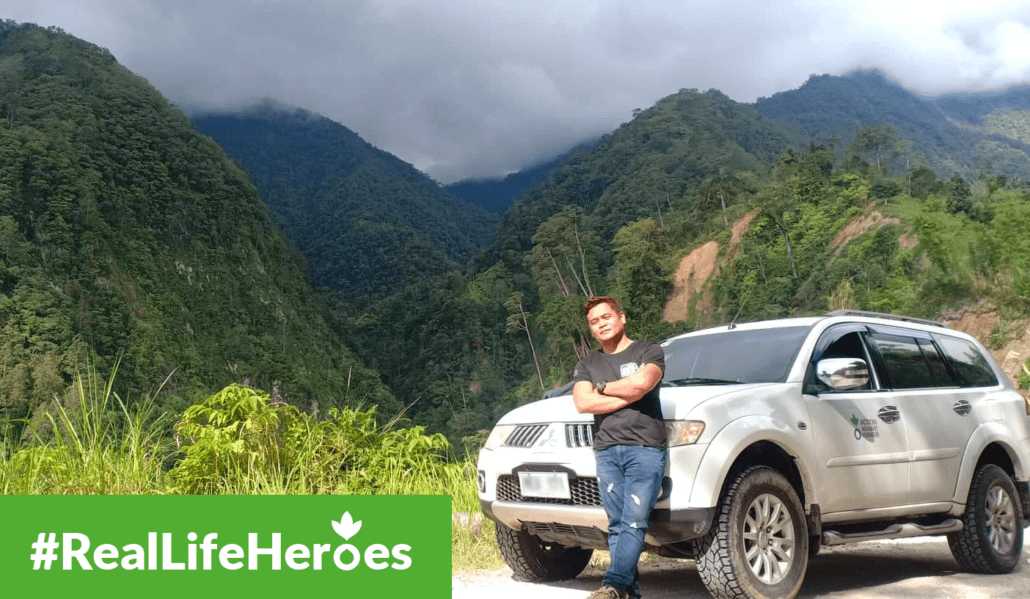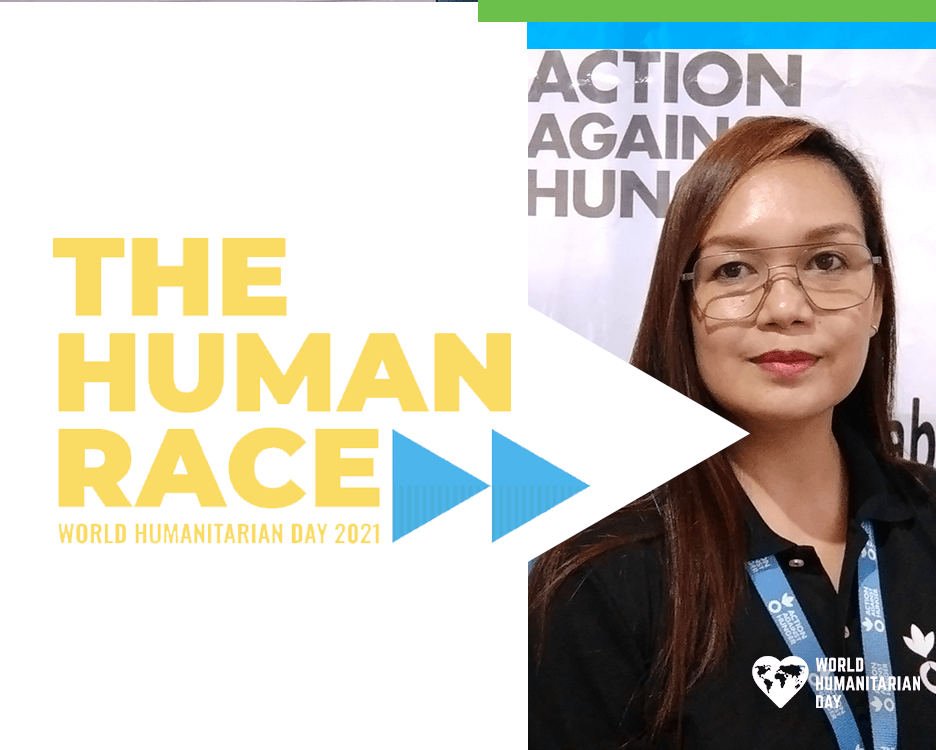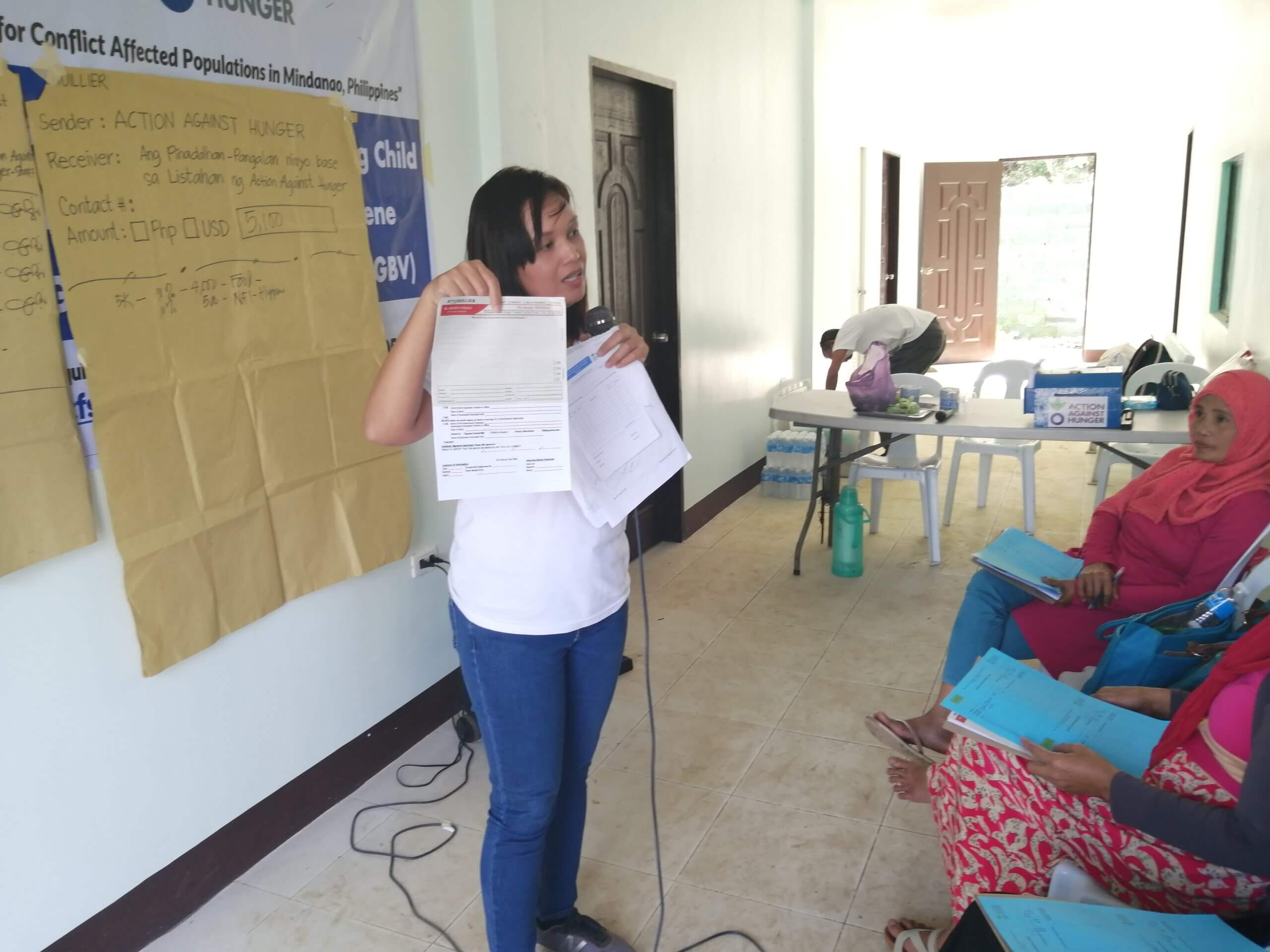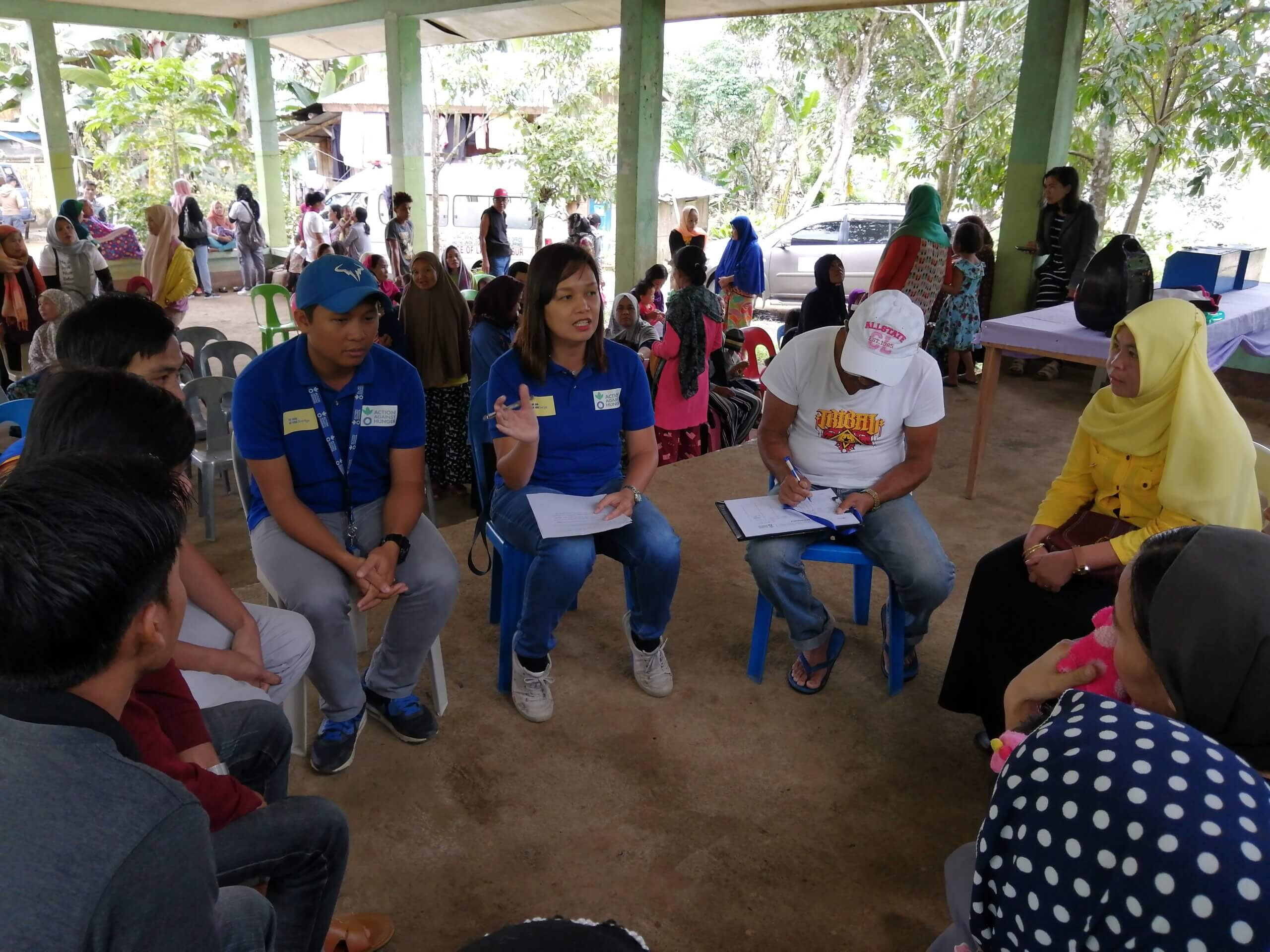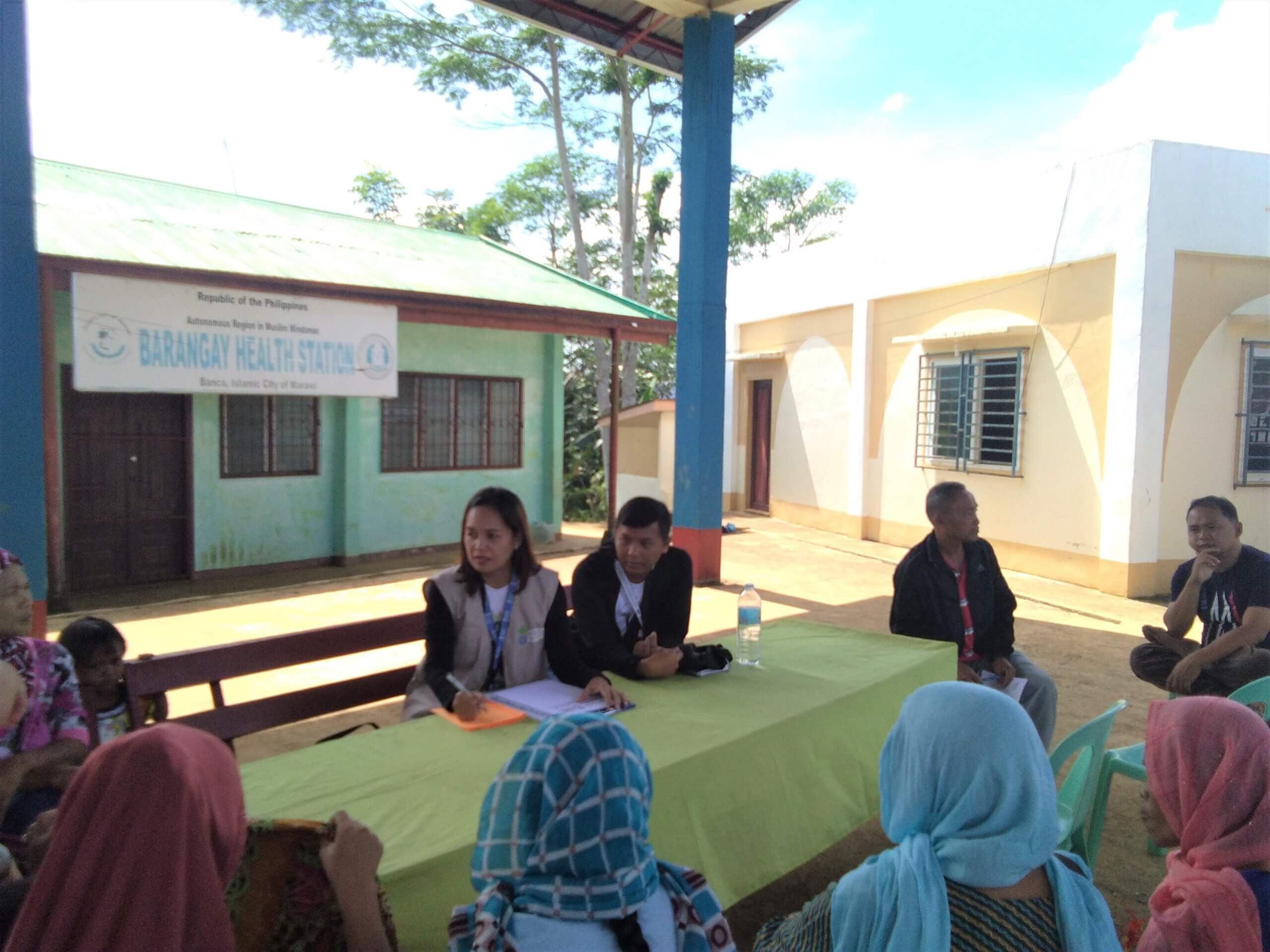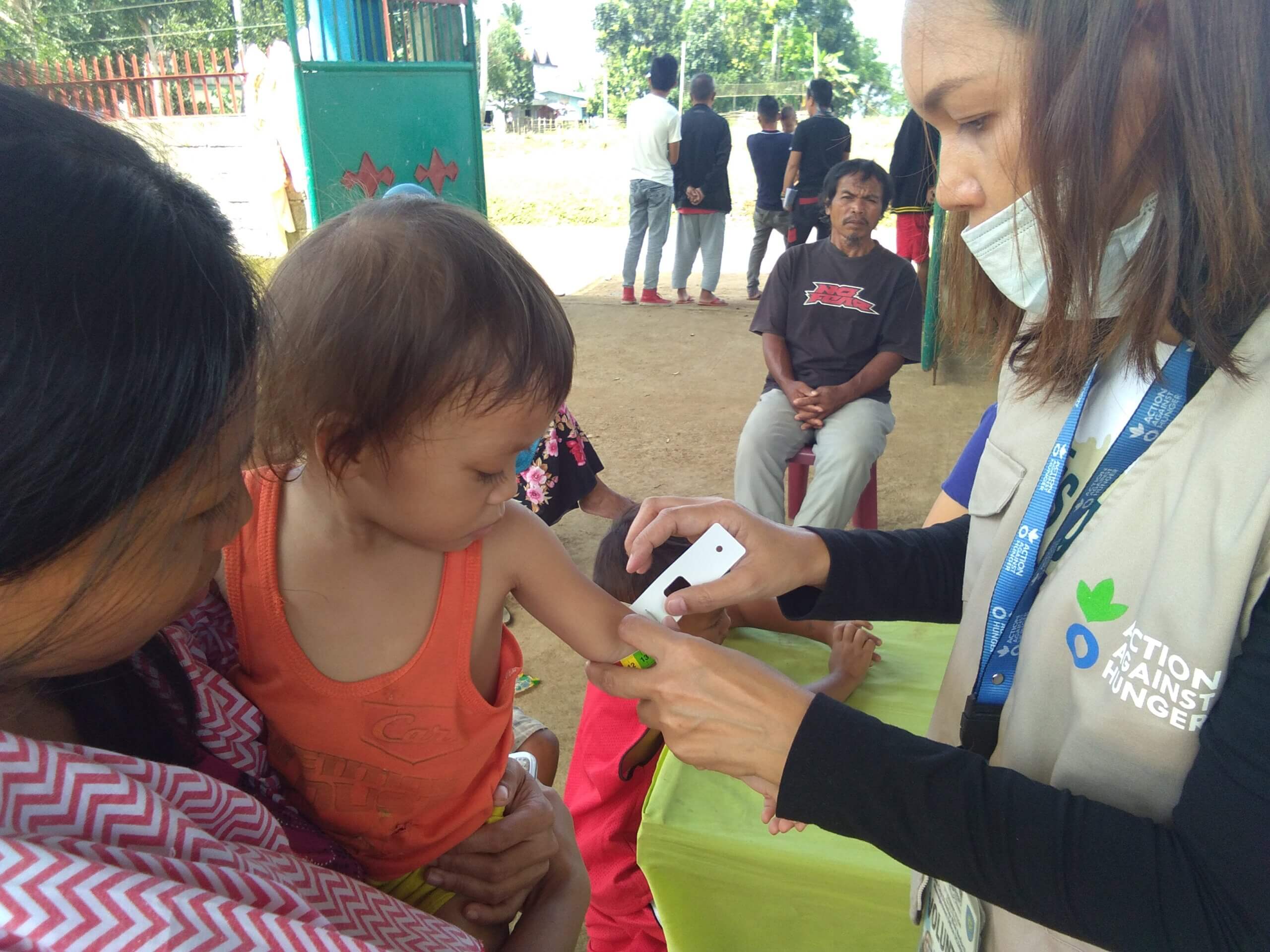Empowering Rural Women: Community Savings Group Leader joins online dialogue in support of UN Food Systems Summit 2021
In celebration of the International Day of Rural Women tomorrow, we honor Alma Bayawan and her dedication to empowering her community towards resilience by promoting sustainable livelihoods.
“As a leader of our Community Savings Group, I will share with my members the importance of planting more types of crops and use practical ways to increase our crop production and would increase income and most especially we will ensure that our families have food to eat,” – Alma Bayawan, Uswag CSG Leader
“Bilang leader sa among Community Savings Group (CSG), akong I share sa akong mga members ang importansya sa pagtanom ug pag gamit sa praktikal nga paagi aron mas modaghan among tanom ug makadugang sa income ug masiguro nga adunay makaon among mga pamilya,” shares Alma.
Alma is the incumbent leader of the Uswag CSG in Barangay Illomavis, Kidapawan City. On September 9, 2021, she represented her community as she participated in the Food Systems Independent Dialogue, ‘Building Resilient Local Food Systems by 2030’ which was last spearheaded online by the International Institute of Rural Reconstruction (IIRR).
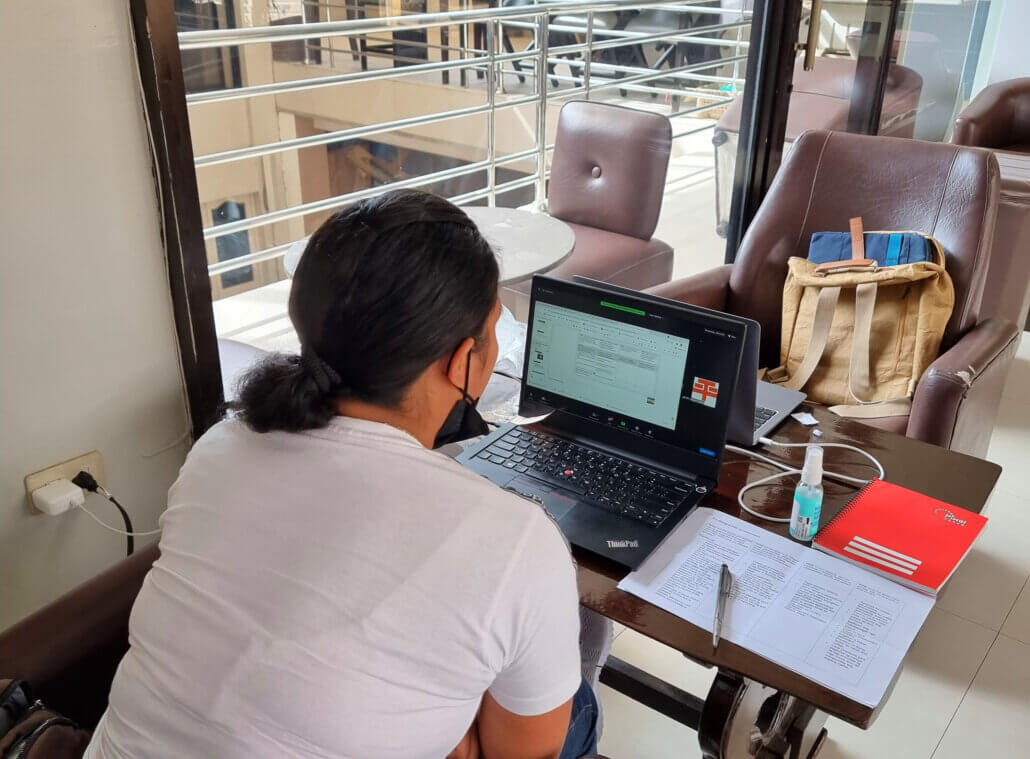
Alma joins the Food Systems Independent Dialogue: Building Resilient Local Food Systems by 2030 online via Zoom | © Photo by Roger Cabiles for Action Against Hunger
She provided her insights from the discussion, wherein she mentions, “Natun-an nako nga dili lang dapat isa ka klase ang itanom sa uma, mas mayo nga magtanom pud ug laing klase nga tanom nga mohaum sa klima sa among lugar ug mosukol sa taas nga init o kanunay nga pag-ulan sama sa kamoteng kahoy o kamoteng balagon. Aside sa makadugang kini sa among income, aduna pud kami dugang nga kakuhaan ug pagkaon sa among mga pamilya.”
“I learned that I should not rely on a single variety of crop to be planted in the field, it is better also to plant other types of crops that will suit the climate of our place and could resist in drought or frequent rains such as cassava or sweet potato. Aside from increasing our income, we would also have additional sources of food for our families.”
The main objective of the activity is to solicit concrete actionable commitments from various stakeholders. These will be their contribution to the quest in ensuring safe and nutritious food for all, which is also in support of the United Nations Food Systems Summit 2021.
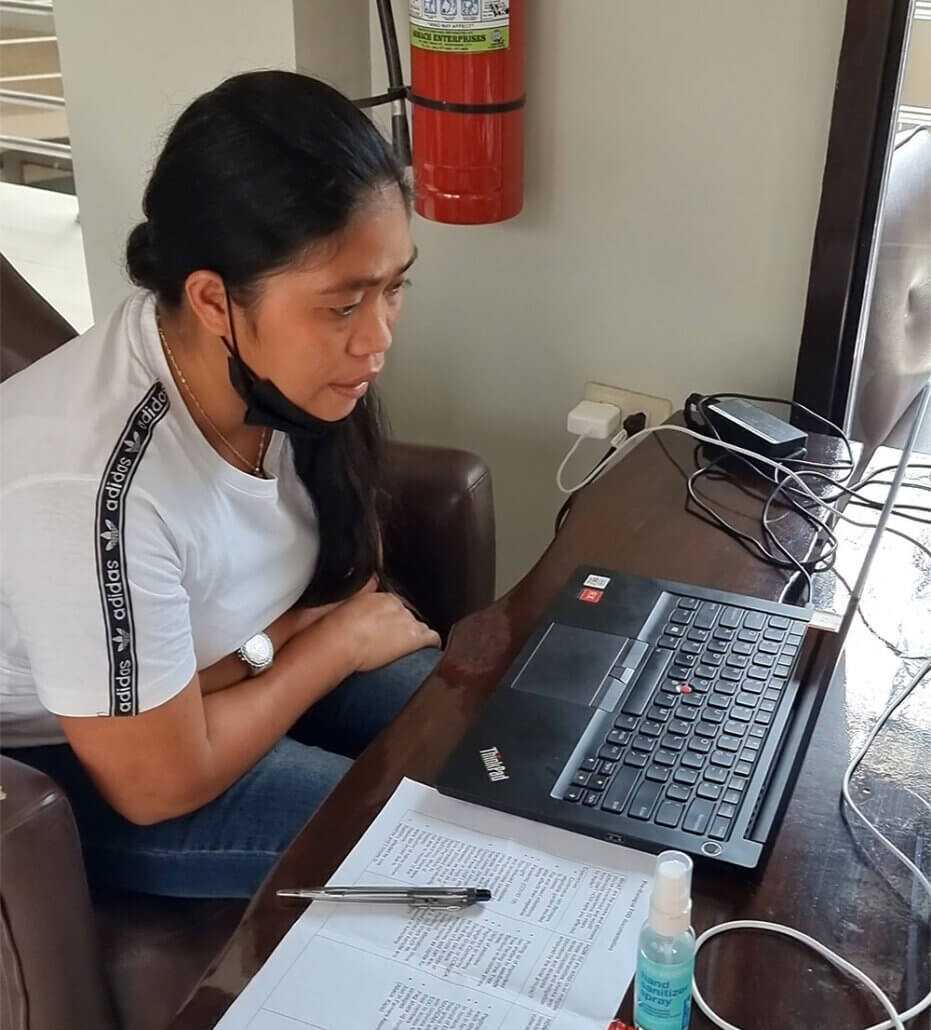
© Photo by Roger Cabiles for Action Against Hunger
“Daghan kong natun-an sa akong pag apil gahapon sa virtual dialogue. Una, na meet nako ang uban nga participants sa laing lugar nga pareha pud nako usa ka farmer ug padayon nga naningkamot sa pagtanom aron maka income ug adunay makaon ang pamilya,” she said. Alma hopes to share with her fellow members the resilient strategies she had learned from the dialogue with her fellow CSG members.
“I have learned a lot from my participation in the virtual dialogue, I met other participants in other places who are also farmers like me and continued to grow crops to earn an income and have food for the family,”
Like Alma, we recognize the work of rural women ─ they are real-life heroines in the world’s food systems. “Uswag” means ‘develop’ and agreeably, rural women’s significant contributions to nutrition, food security, and climate resilience put their communities on the right path towards sustainable development.
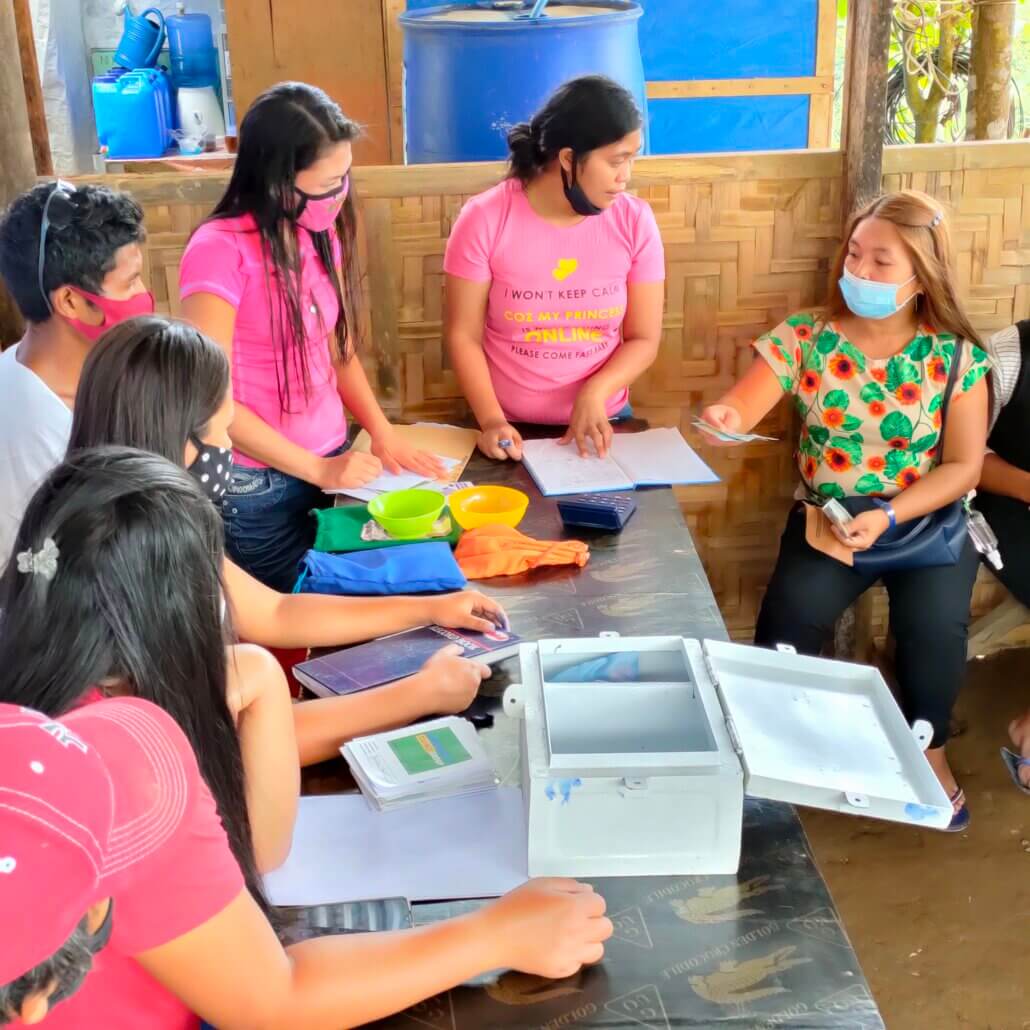
© Photo by Louie Bullanday for Action Against Hunger
The Food Systems Independent Dialogue was convened by IIRR in partnership with the Philippine Coalition of Advocates for Nutrition Security, Inc. (PhiLCAN), Philippine Society of Nutritionist-Dietitians, Inc. (PSND), PROLINNOVA Philippines Country Platform (PROLINNOVA), and Scaling Up Nutrition-Civil Society Alliance Philippines (SUN-CSA PH). Action Against Hunger is a member of PhiLCAN.
Moving Urban Poor Communities Towards Resilience (MOVE UP 4) is a consortium project that offers durable solutions in terms of capacitating local governments and communities in mitigating the adverse socio-economic effects of disasters. With funding from the European Union, MOVE UP 4 is implemented by Action Against Hunger, Plan International, CARE Philippines, and ACCORD Incorporated.
Written by Roger Cabiles, Jr. | Edited by Joyce Sandajan.


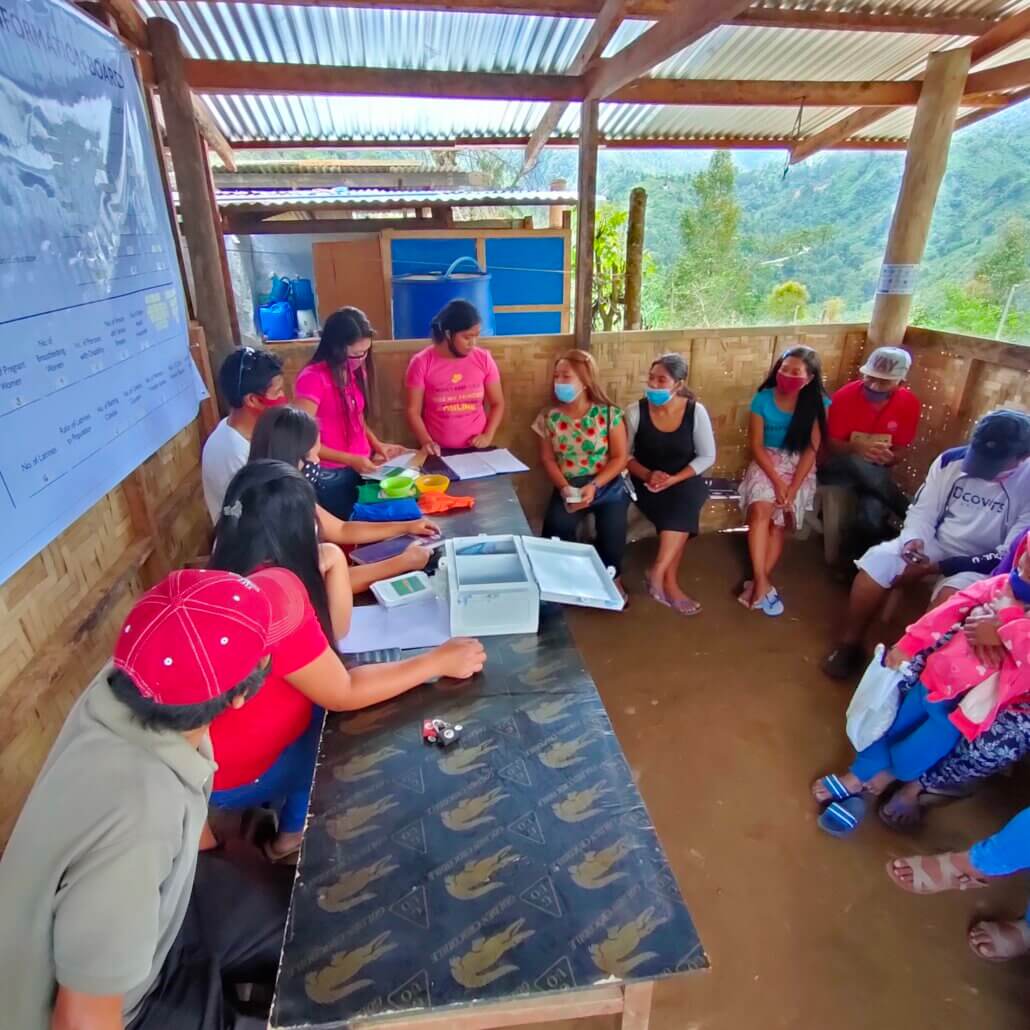

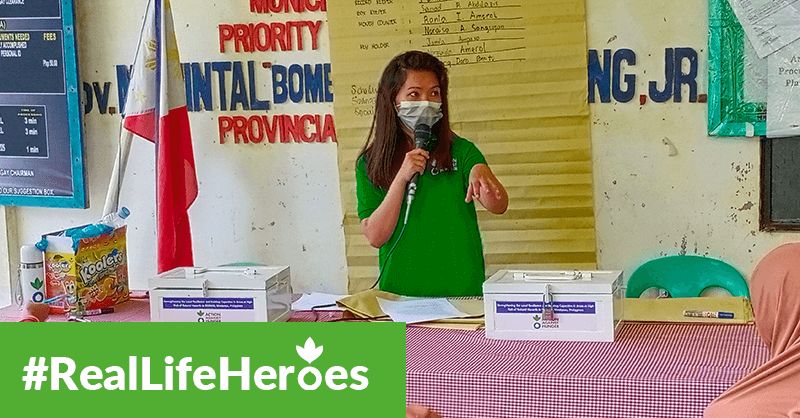 What is your role in Action Against Hunger?
What is your role in Action Against Hunger?